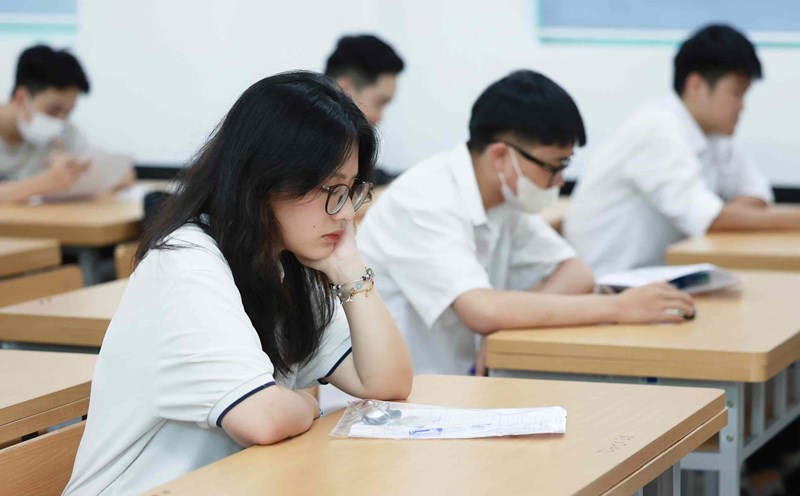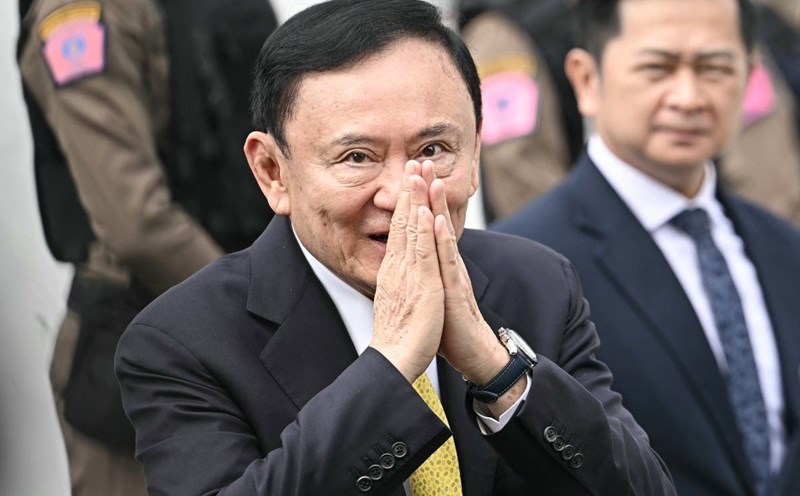The new school year 2025-2026 has begun, and schools have now planned to organize 2 teaching sessions/day for students. Previously, the teaching period of the second session was often organized by schools to teach additional cultural subjects, or joint teaching with fees.
However, from this school year, there will be some new policies. Organizing 2 sessions/day of teaching is officially mandatory for primary school students nationwide. For junior high school and high school levels, implementation is encouraged according to the roadmap, applied locally to ensure conditions for staff and facilities. This is the first time the Ministry of Education and Training has issued unified and detailed instructions for all three levels of education, from the principles of implementation, time frame to educational content.
In particular, the Ministry of Education and Training (MOET) also clearly stipulates that primary school teachers will teach 2 sessions/day with a maximum of 7 sessions/day, each session of 35 minutes. Session 1 teaches the main curriculum according to regulations; Session 2 is for activities of consolidating, supplementing, educating skills, experiences, career guidance, reading culture, financial education, digital capacity, sports, arts, artificial intelligence, learning about local history and culture...
For junior high school and high school, teaching 2 sessions/day is not mandatory but is implemented in places with sufficient conditions. The school arranges a minimum of 5 school days per week, a maximum of 11 sessions/week; no more than 7 sessions per day, each session is 45 minutes. The content of the second session focused on three main groups: Providing unqualified students, fostering excellent students and reviewing for final exams; In addition, there are STEM/STEAM education activities, career guidance, scientific research, reading culture, life skills...
To ensure fairness and reduce the financial burden on parents, the Ministry stipulates that there is no tuition fee for the second session. Funding is allocated from the local budget, while promoting socialization...
With this new regulation and compared with Circular No. 29/2024 dated December 30, 2024 of the Ministry of Education and Training regulating extra teaching and learning, there are 5 regulations that teachers and schools need to pay attention to in organizing teaching, so as not to have extra teaching in violation of regulations:
No extra teaching for primary school students
Clause 1, Article 4 of the Circular stipulates that extra teaching is not organized for primary school students, except for cases of training in arts, physical education, and life skills training.
Prohibiting additional teaching with fees outside of school for regular students
Clause 2, Article 4 of the Circular stipulates that teachers who are teaching at schools are not allowed to teach extra classes outside of school with fees collected from students for which they are assigned by the school to teach according to the school's education plan.
The Ministry of Education and Training believes that this will limit the situation of teachers taking students out to teach extra classes.
extra teaching and learning in schools are not allowed to collect fees from students
Clause 1, Article 5 of the Circular on extra teaching and learning in schools stipulates that students are not allowed to collect money.
extra classes are only for students who register to take extra classes for each subject. Specifically, students with the results of studying subjects at the end of the first semester are at the level they have not achieved; students selected by the school to train excellent students; students of the final grade voluntarily register to review for entrance exams and graduation exams according to the school's education plan.
Public teachers are not allowed to manage extra teaching outside of school
Clause 3, Article 4 of the Circular stipulates that teachers in public schools are not allowed to participate in the management and operation of extra teaching outside of school but can participate in extra teaching outside of school, except for not being allowed to teach extra classes with fees from students they are teaching the main course.
No extra teaching hours are arranged interspersed with the school year
Clause 4, Article 5 of the Circular stipulates the requirements to ensure classroom arrangement, timetable arrangement and organization of extra teaching and learning.
Accordingly, extra classes are arranged by subject for each grade; each grade has no more than 45 students. Each subject is organized for extra teaching no more than two periods/week.
The new Circular stipulates that extra teaching hours are not arranged interspersed with the school year and that extra teaching is not conducted in advance of teaching content compared to teaching according to the subject program distribution in the school's education plan.









